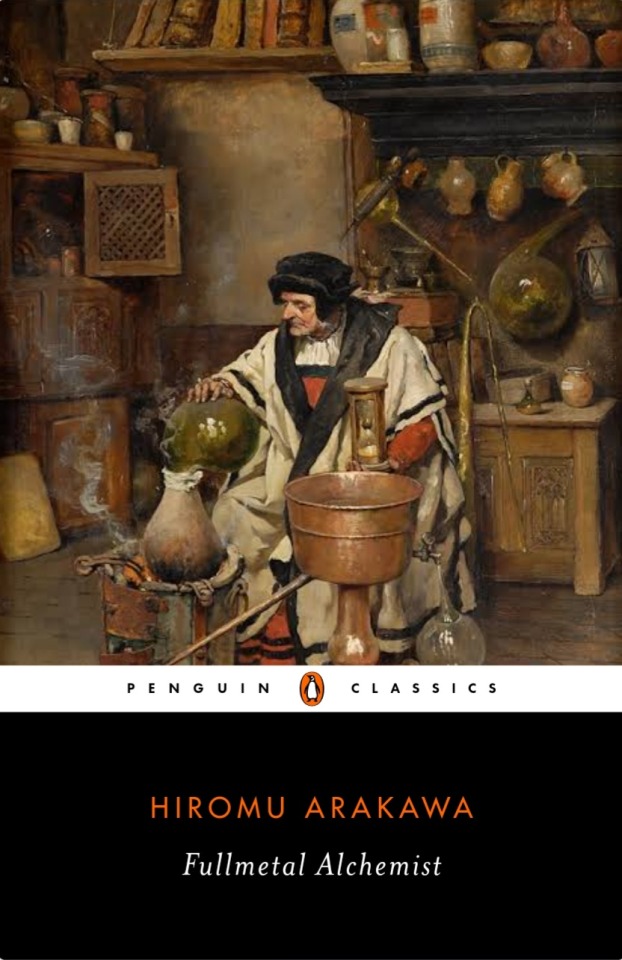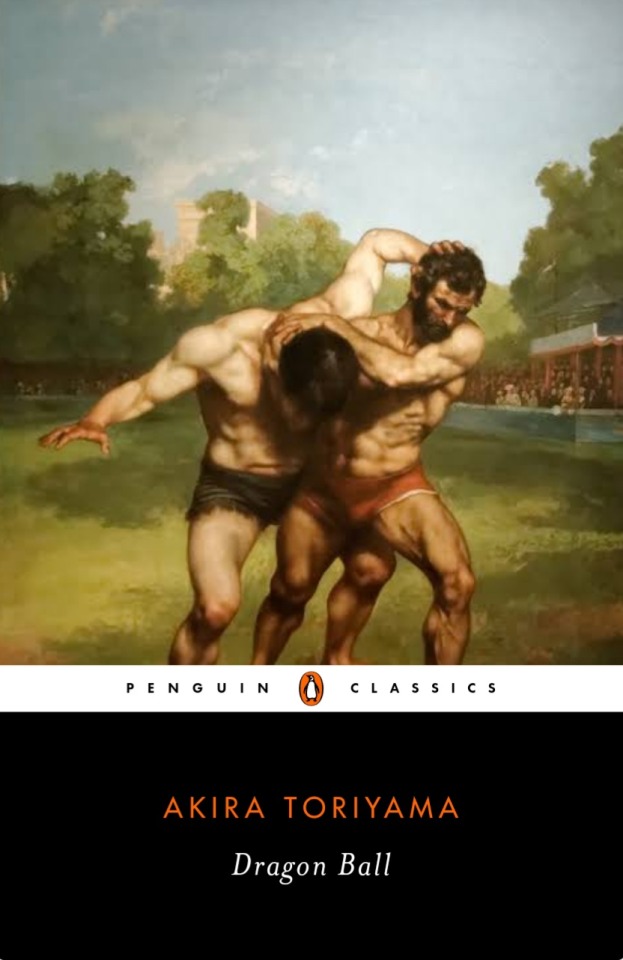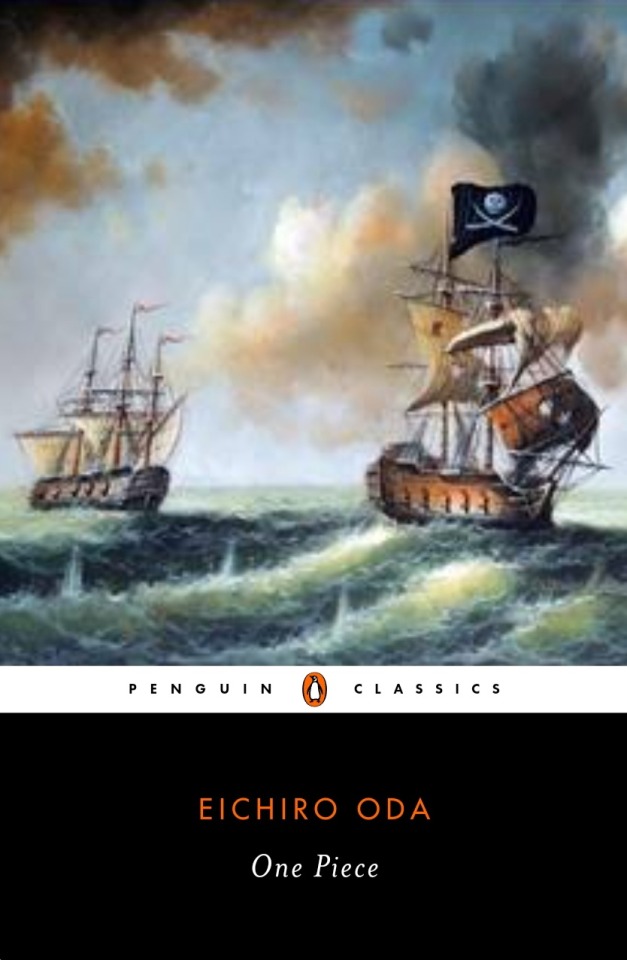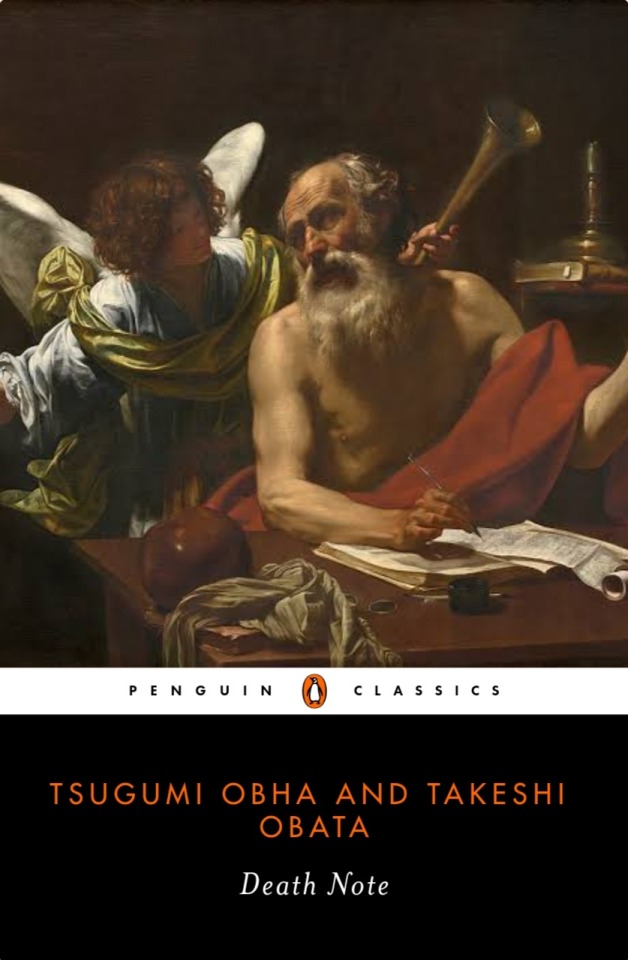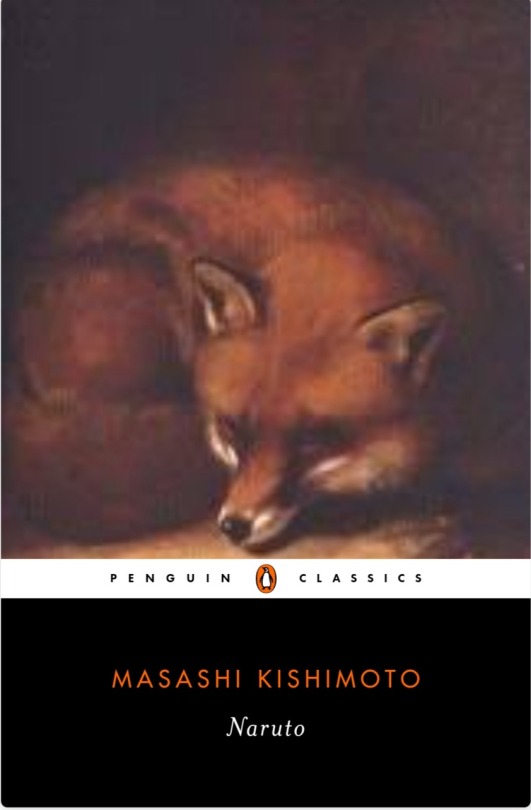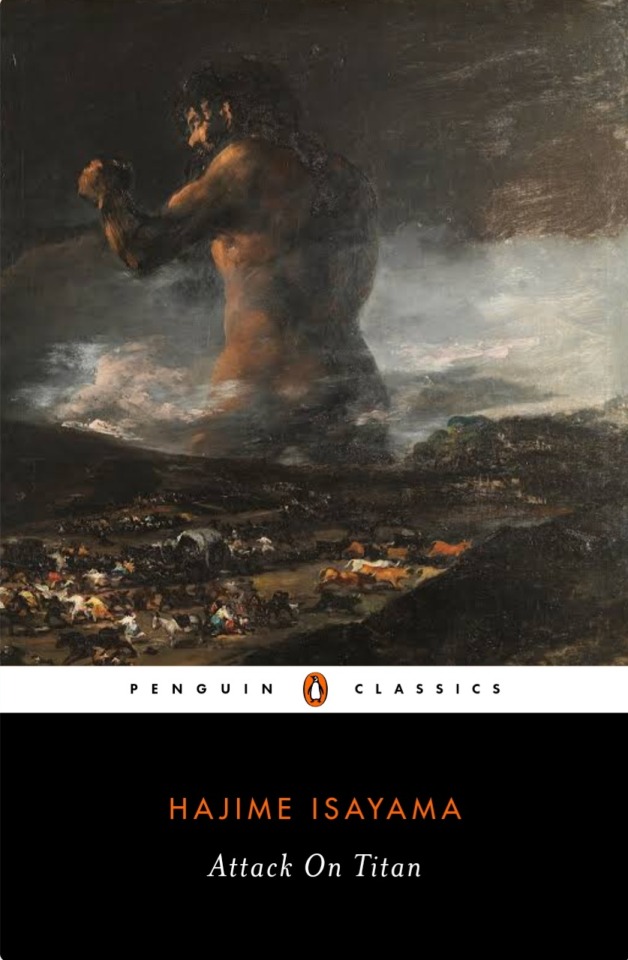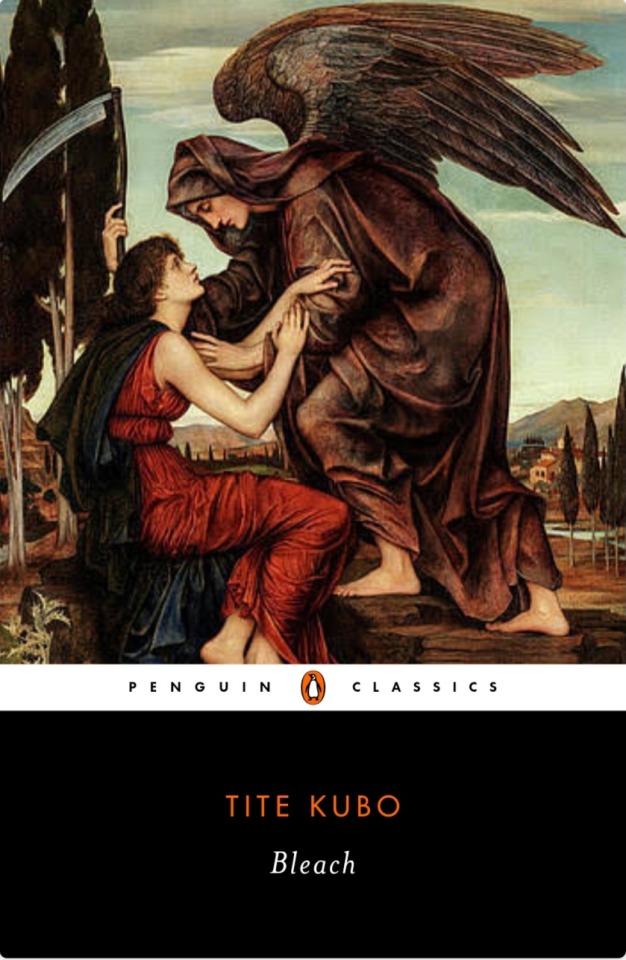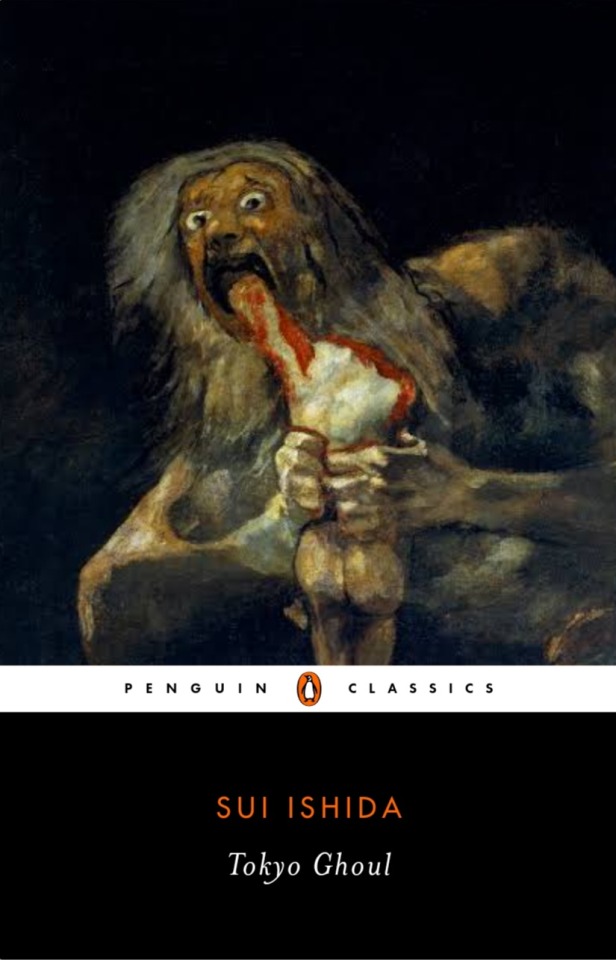Don't wanna be here? Send us removal request.
Text
Review: Babel by R.F. Kuang ⭐️⭐️⭐️⭐️⭐️
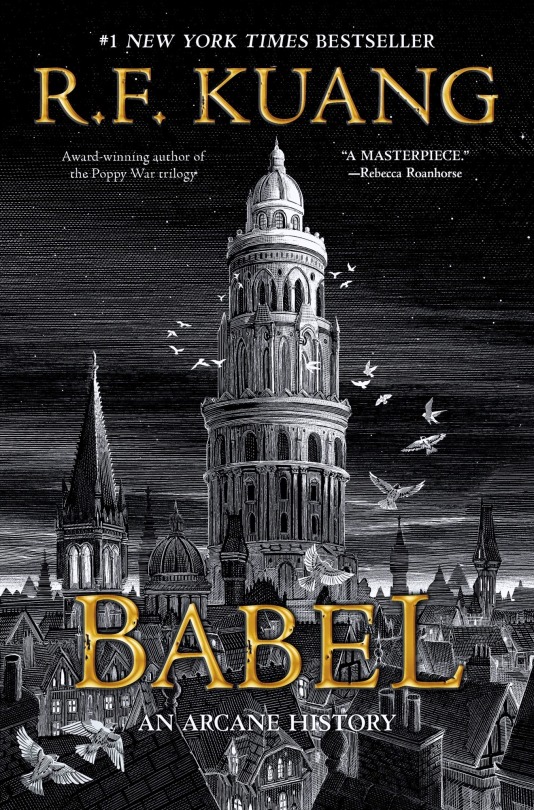
I really need to use this blog more often — partially because, as an aspiring writer, I should be involved in a community of other readers and writers.
Kuang’s Babel follows the journey of nameless-yet-pseudonymed Robin Swift, a Chinese boy living in a world of magic and severe inequality.
Once again, Kuang’s incredible writing prowess shines through in this story of colonialism, magic, racism, and translation. The experience and knowledge of a writer flaunting two Master degrees and a Doctorate arise on every page of this book, and I found myself amazed at the amount of in-depth knowledge Kuang includes throughout.
While the story of a young boy growing in a world of magic is one that has been tackled many times, (even I’m currently writing it!) Kuang’s spin on the genre adds a bitter, scathing indictment of British imperialism and colonisation in general. Kuang’s magic isn’t fantastic and heartwarming, because it is rooted in slavery, murder, rape, torture, theft and greed.
I found this book to be a great fiction read and a great history lesson. Kuang includes footnotes which make the text much more accessible for readers who do not speak any of the languages explored, and includes detailed information on contemporary wars, conflicts, and social viewpoints. Even if you are not well-versed in Chinese history or non-Romance languages, Kuang makes her story accessible to us as universal readers.
I think that’s what blew me away the most about Babel, and what utterly decimated my self-expectations as a writer. I revisited my manuscript after every reading session and asked myself, “Why can’t I BE her?!” I found a deep love for Robin, Ramy and Victoire that I couldn’t even find in my own characters. It feels as though Kuang truly spent blood as she wrote the relationship between these characters. Without detailing any spoilers, the character deaths, plot twists, betrayals, and even just the daily interactions with racism and colonialism, all pluck either a nerve or a heartstring. I found myself experiencing mixed emotions up until the very last page.
The last book which managed to play my emotions like a grand piano like this was Yellowface, which is another incredible work of Kuang’s, though it is set in a much different environment. (Regardless, Kuang of course writes powerfully and effortlessly here, too.)
I finished Babel close enough to the end of 2023 that I’ll cheat a little and call it my favourite book of 2024. I cannot see any novel I read this year topping this powder keg of emotion. I give Babel a 5/5, as it was a powerful and interesting read, and evoked a strong emotional response in me — mainly anger, but many moments of sadness as well.
#Babel#rf Kuang#bookblr#book reviews#5 out of 5#genre fantasy#genre magic#genre historical#genre historical fiction
3 notes
·
View notes
Text

My Halloween gift to myself; my favourite book, in Penguin’s beautiful cloth bound edition.
“Listen to them, the children of the night. What music they make!”
5 notes
·
View notes
Text
And this is how a human gets adopted by a cat
57K notes
·
View notes
Text
What do we do about fast pacing?
I’ve been struck with the debilitating illness that is Writer’s Block. I’ll be right as rain in a few weeks!
I wanted to know people’s thoughts on this, as it’s something I’ve pondered for a long while:
When the plot goes from A to B to C, how do we know if obstacle B should be omitted? For example, John is a gold hunter. He hears in the town square that there is a dragon that guards a horde of gold in a cave in the mountain. John kills the dragon and takes the gold.
But the problem is, you’re left with a story that feels like there isn’t much going on, there’s very little excitement, and John got there too easily.
So we throw in a witch at point B, halfway between the town and the mountain. She has put a curse on the mountain so that any adventurers making the climb will fall to their death. She’s not necessary to the plot, but without her, we have a boring story which is embarrassingly short to send to a publisher.
Do we have to pad the story out to make the witch fit in? Give John a fear of heights, for example, so that he has to submit to the witch’s request before going to right the dragon? Maybe she has a spell she can teach him, and that makes her necessary?
My issue with writing is that I typically find myself cutting to the point much too quickly, keeping unnecessary plot points and extraneous adjectives, adverbs, purple prose and dialogue tags to a minimum. Leading to almost any story I write to weigh in at the 40k-50k mark, which falls miles short of novels in the same genre.
How do you fix the pacing issues in your stories, and do you think it’s acceptable to write unnecessary scenes to pad out your word count, then try your hardest to make that scene necessary later on?
0 notes
Text
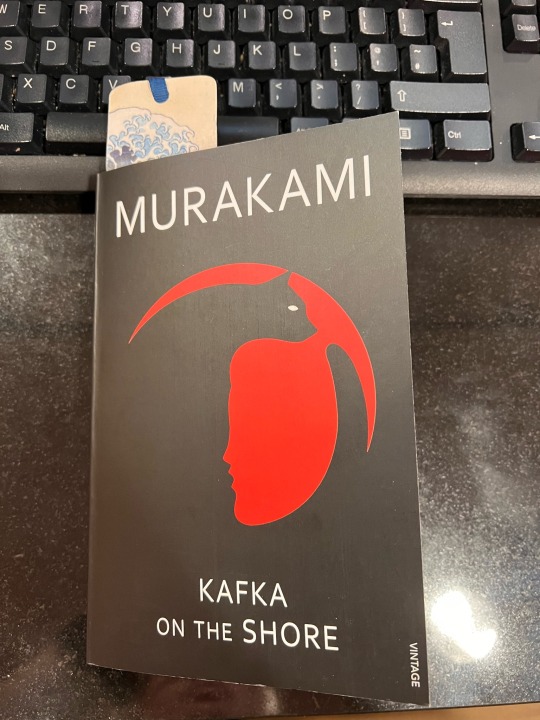
Moby Dick is on the back burner for now. (I don’t think I have the mental fortitude to hear another word about whales.) Onto Murakami now, who I’ve never gotten round to reading. I like his stylistic approach so far; if I turn out to enjoy Kafka on the Shore, I’ll get to work on the 1Q84 books.
2 notes
·
View notes
